


Let us not forget that the Human Rights that are at stake were born in the fertile soil of Christianity.
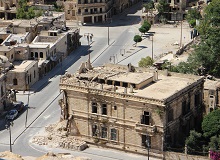
Sanctions on Syria serve to freeze the situation until the conditions for a political solution are available and attainable. But how long should we wait for this? Ten more years? In the meantime, the Syrian population – including Christians – are paying too heavy a price.

A large number of Islamist lawyers swarmed the courtroom during a hearing, an intimidation tactic designed to obtain convictions and harsh sentences.
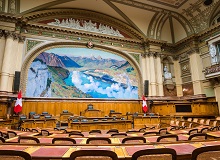
Evangelical politicians say changing the preamble of the Constitution would “signal that we want a society without God” that gets rid of the “values” that came with Christianity.
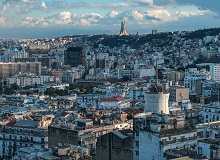
In a UN Human Rights Council session, evangelicals ask Algeria “to allow re-opening of all churches and revise the ordinance on non-Muslim worship”. The government argues they do not comply with Algerian legislation.
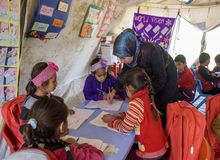
Over 55,000 children have been killed in the Syrian war. A report estimates that the cost of the war is already over US$ 1.2 trillion.
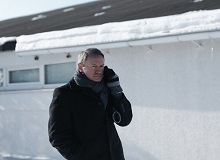
An interview with the pastor of New Life Church in Minsk, Vyacheslav Goncharenko: “We are praying for this nation, that we have a great revival”. Other churches and secular groups have expressed solidarity with the evangelical community.
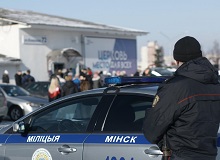
Police officers entered New Life Church in Minsk to evict the building. The evangelical community had supported pro-democracy protests. “If one member suffers, all suffer”, evangelical denominations say in a joint statement.

Representatives of three political parties joined the conversation with the Spanish Evangelical Alliance for the public event that opens the annual Idea conference.
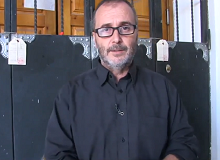
An interview with Salah Chalah, President of the Eglise Protestante d’Algérie. “2020 was a very difficult year for us Protestants, who have been deprived of our places of worship - until today”.
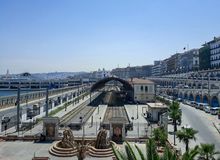
In a written statement to the UN Human Rights Council, the WEA also addresses the deteriorating environment for religious minorities in India and the incitement to violence of anti-conversion laws.
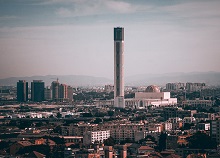
In a letter sent in December, three UN Human Rights Council special rapporteurs asked the government to stop the “intimidation and discriminatory treatment” of Protestants.
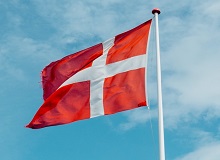
A new law aims to control the teaching of radical Islamic groups but evangelicals say it “will have negative consequences for many religious groups”.
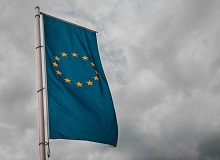
"It will send a clear signal to those responsible: there will be consequences", says the representative of Foreign Affairs. Christian Solidarity Worldwide applauds the decision.
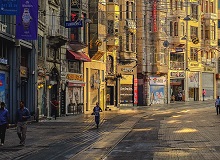
The religious freedom report of the Protestant Association of Churches in Turkey goes to the government, politicians and media. Foreign embassies, EU, UN, Christian partners and human rights NGOs also receive copies.
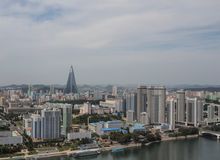
A report of the Korea Future Initiative (KFI) presents well-documented violations in North Korea. Investigators conducted 117 interviews with survivors, witnesses, and perpetrators.

Daniel R. Patterson lectures in theology and ethics at St. Trivelius Institute in Sofia (Bulgaria).
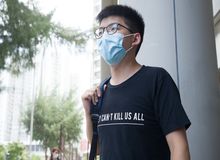
Joshua Wong was in solitary confinement for organising an unauthorised meeting. “A Bible passage in Romans is what gives me strength”, he said while in prison.
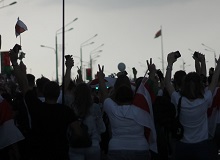
Over 17,000 have been detained since the start of the protests in summer. Christians fast and intercede for the country as the crisis continues.
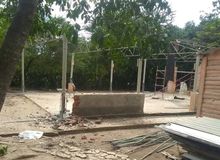
The church is one of the few that keeps a legal status, because it was registered before 1959. “As repression has spread, the bonds between pastors are stronger than ever", a pastor said.

The strict requirements to regularise the situation of the places of worship in some Catalonian municipalities were discussed last summer at the UN Human Rights Council.
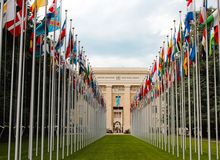
The Geneva Consensus Declaration states that “there is no international right to abortion”. The document tackles the promotion of equal rights for women and the need for universal health coverage.
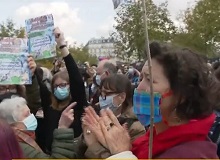
The brutal decapitation of a teacher near Paris for showing caricatures of Muhammad fuels the debate about radical Islamism in France.
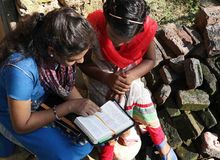
The Evangelical Fellowship of India denounces that Christians “are warned to leave their faith or face consequences” and urges the state “to ensure that the perpetrators are brought to justice”.
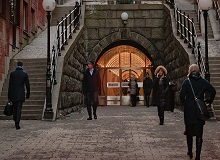
At the United Nations Human Rights Council, the World Evangelical Alliance denounced “arbitrary procedures” which send Christian asylum seekers back to countries where they could face persecution.

Las opiniones vertidas por nuestros colaboradores se realizan a nivel personal, pudiendo coincidir o no con la postura de la dirección de Protestante Digital.